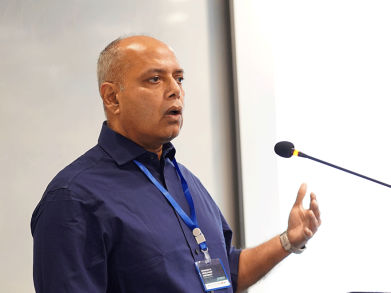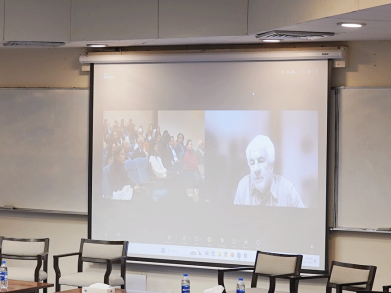15th Annual HSS Conference: Exploring Pakistan's Transnational Connections
Amidst severe economic challenges marked by escalating inflation and a downturn, Pakistan is navigating a complex geopolitical landscape with reduced focus from the United States post the Global War on Terror. To stabilize its economy, Pakistan is seeking new trade and investment partnerships, particularly with neighboring Asian nations. Notably, the Gulf states, with their significant Sovereign Wealth Funds, and China, through its ambitious Belt and Road Initiative, are key players in providing much-needed economic support.
For centuries, informal trade networks have been pivotal in the economic and cultural life of present-day Pakistan. These traditional routes, spanning the Arabian Sea, Persia, Central Asia, and India, have facilitated not just the exchange of goods but also cultural and social ties that have woven a rich tapestry of connections across the region. However, there is a growing concern that these age-old networks may be overshadowed by the Pakistani state's focus on formal investment initiatives, raising questions about their future viability.
The 15th Annual Humanities and Social Sciences (HSS) Conference under the theme "Between Containers and Canisters: Informality, Geopolitics, and Transnational Imaginaries Shaping Pakistan’s Futures" provided a comprehensive analysis of the various forms of transnational connectivity that significantly impact Pakistan's future. Rejecting the view of states as isolated entities, the conference explored how social, economic, and political life in Pakistan is intricately linked to cross-border dynamics. The conference aimed to explore the interplay between informal and formal trade networks, challenging the assumption that they are fundamentally incompatible.
Key discussions examined large infrastructural projects funded by foreign entities and ‘low-end’ networks of kinship, trade, and faith, highlighting how formal and informal movements coalesce to shape the nation's trajectory. Both emerging and established scholars from leading global universities offered diverse perspectives on how these transnational movements affect Pakistan's state, economy, and society. The conference underscored the complex interplay between internal and external forces, providing a holistic understanding of the country's development and future challenges.























